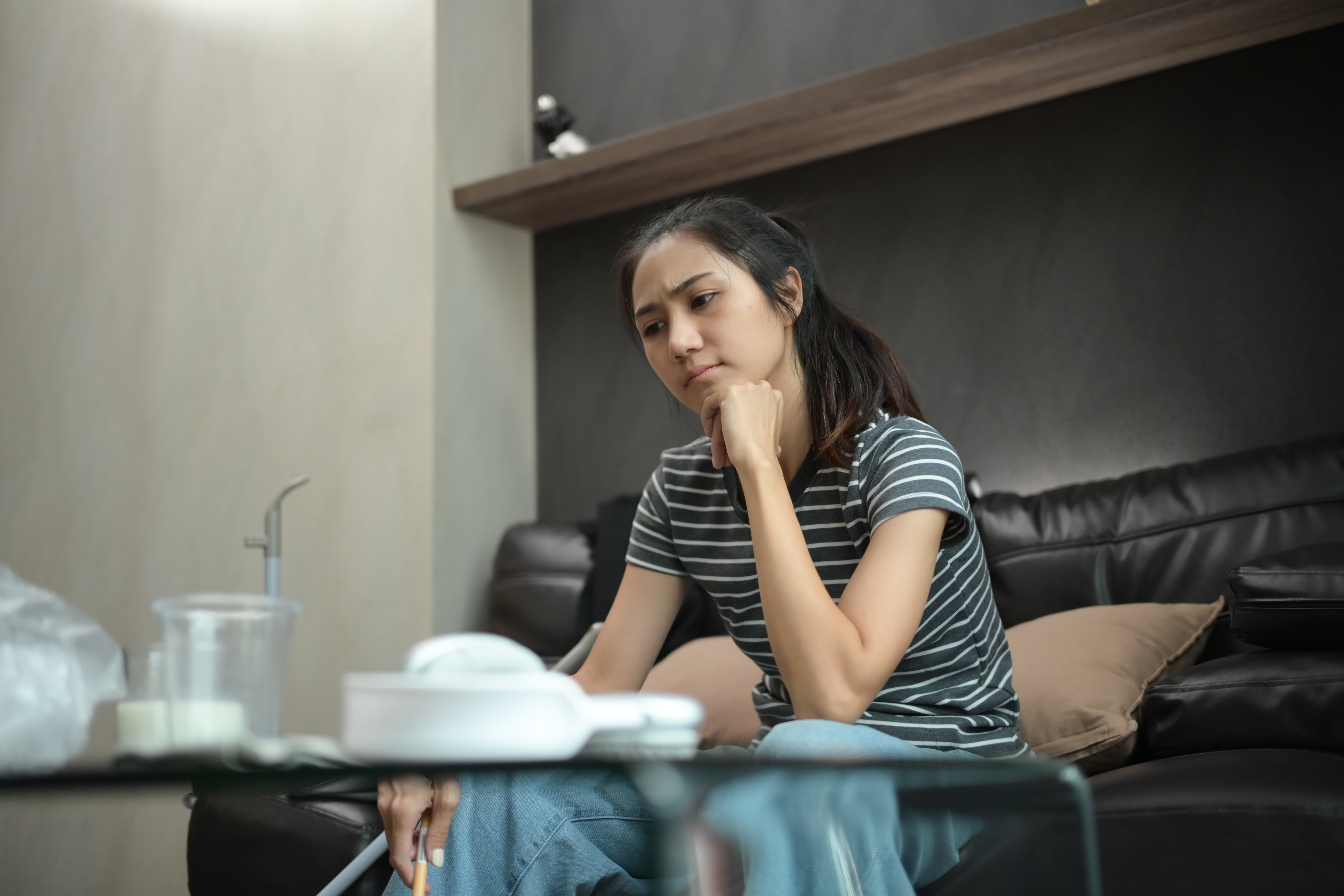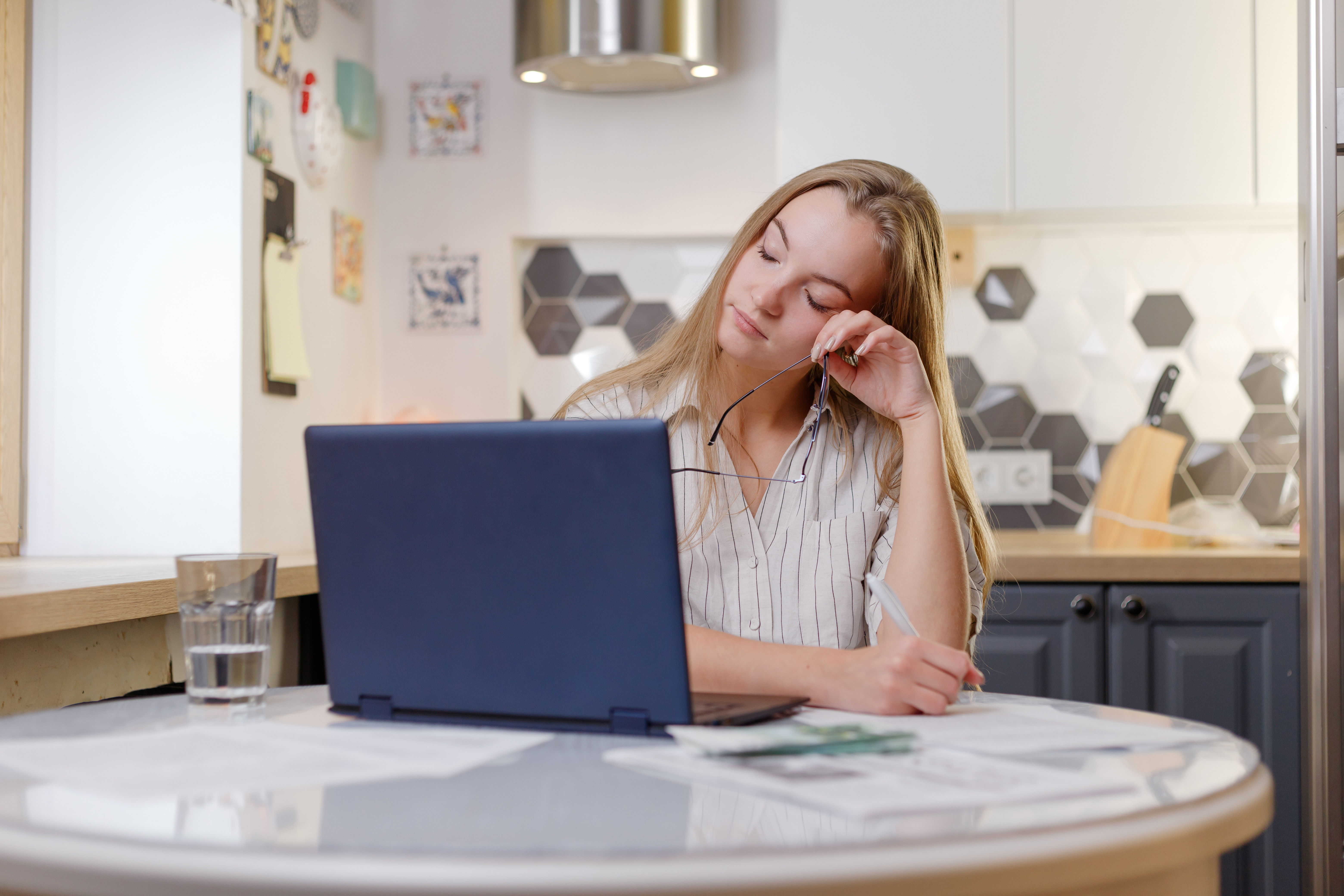Everyday Things That Spike Your Stress Levels
In the hustle and bustle of modern life, stress often feels like an inevitable companion. While some stressors are easily identifiable, others stealthily infiltrate our daily routines, quietly elevating our stress levels to unforeseen heights. These subtle culprits are woven into the fabric of our everyday lives, often going unnoticed yet exerting a significant impact on our mental and physical well-being. This article embarks on a journey to uncover these hidden stressors, exploring how they silently influence our lives and offering insights into managing them effectively. From the digital distractions that pervade our waking hours to the dietary choices that subtly shape our moods, each section will delve into a unique aspect of these concealed stressors, revealing their profound effects and suggesting pragmatic solutions.
1. Digital Overload: The Screen's Silent Scream
In today's digital age, screens are omnipresent, serving as portals to work, social interactions, and entertainment. However, this constant connectivity comes at a cost. The incessant barrage of notifications, emails, and social media updates creates a perpetual state of alertness, preventing our minds from truly resting. Studies have shown that excessive screen time is linked to increased levels of cortisol, the stress hormone, and can lead to digital fatigue. The blue light emitted from screens further disrupts our natural sleep patterns, exacerbating stress. By setting boundaries, such as designated screen-free times and utilizing digital wellness tools, we can mitigate these effects and reclaim our peace of mind.
2. The Clutter Conundrum: Chaos in the Home

Our living environments significantly influence our mental states. Clutter, often dismissed as a mere inconvenience, can be a significant source of stress. A disorganized space can overwhelm our senses, making it difficult to relax and focus. Research indicates that cluttered environments are associated with higher levels of the stress hormone cortisol. The visual chaos can also contribute to feelings of anxiety and depression. Implementing organizational strategies, such as decluttering rituals and minimalist design principles, can transform our spaces into tranquil havens, promoting mental clarity and reducing stress.
